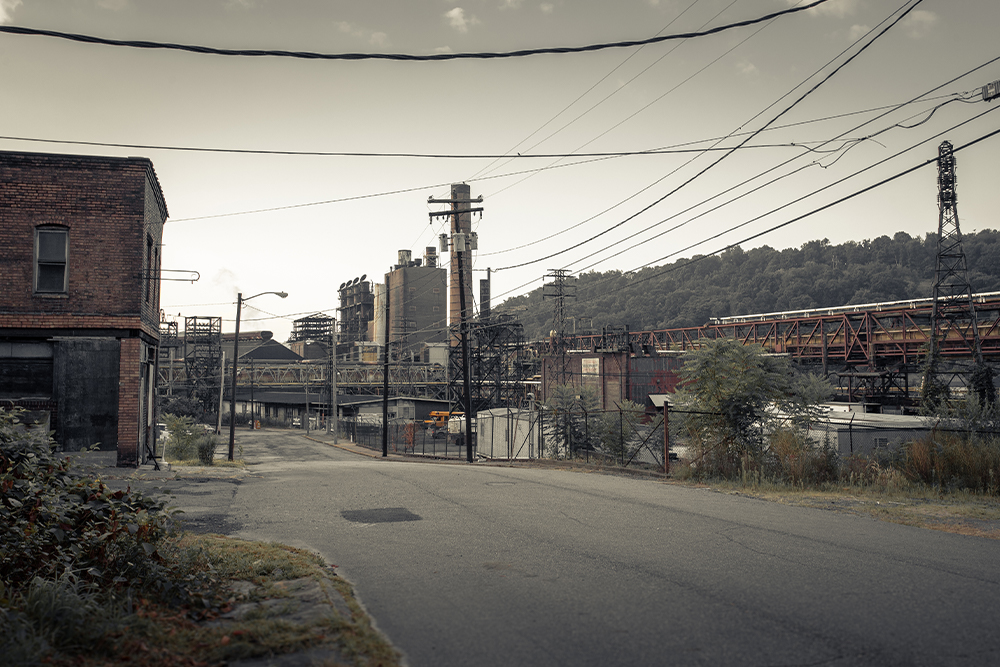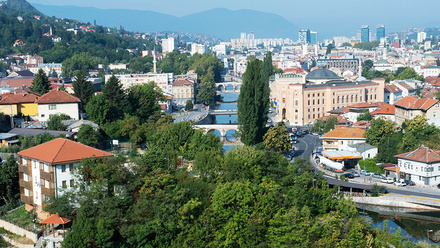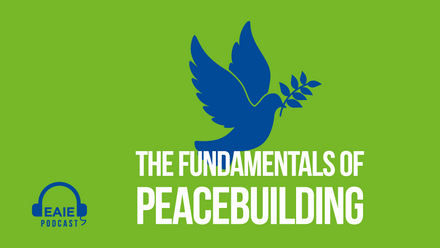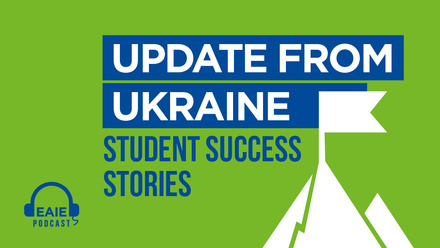Local revitalisation during a global pandemic

When I agreed in February to write a blog describing how my institution, Penn State Beaver, is forging creative pathways in community development, I did not yet fully grasp the toll COVID-19 would take on the operations at my own campus, or at the 24 campuses across the Pennsylvania State University, much less in higher education around the world.
As a German professor turned senior international officer turned head of campus, my unusual career path leads me to view our pandemic through multiple lenses. As a result, I seek to understand the disruption to both global and local processes, and, most importantly, how higher education can respond.
I sit here now in my home office in Beaver County, Pennsylvania, USA, where the governor issued a stay-at-home order many weeks ago, one street over from a nursing home in which residents are succumbing to the coronavirus death toll, running a campus to which our students never returned from spring break. Instead, we completed the semester and are moving into summer classes with fully remote and online instruction. We are also holding administrative meetings exclusively through Zoom, with just a skeleton crew maintaining our physical campus.
Serving the community
How can higher education leaders – particularly those engaged in both global learning and local community development – contribute in these times? The coronavirus is dealing a devastating blow to many so-called ‘post-industrial’ communities worldwide already struggling to reinvent themselves. In a county north of Pittsburgh decimated by the collapse of the steel industry in the 1970s and ‘80s, Penn State Beaver has a clear mission as a regionally-focused campus of what is known in the United States as a ‘land grant’ university: we bring Penn State’s resources to cultural and economic development efforts in our immediate geographic area.
We expect our Beaver Valley Hub for Innovation, Venture, and Entrepreneurship to play a significant role in the path to recovery from COVID-19
In addition to educating students for the twenty-first century, we have been working with county leaders in the past few years to establish an innovation hub that would provide co-working spaces and entrepreneurial education to lesser-resourced but creative thinkers in our community. Through our partnership with other regional higher education institutions and the Beaver County Chamber of Commerce, we expect our Beaver Valley Hub for Innovation, Venture, and Entrepreneurship (HIVE) to play a significant role in the path to recovery from COVID-19. In the meantime, our Beaver Valley LaunchBox already assists local entrepreneurs and businesses; once HIVE is up and running, the LaunchBox will provide the entrepreneurial programming in the space.
EDGEing ahead
At the same time, the pandemic brings home to us that it is untenable to focus solely on the local. The siren songs of US and UK exceptionalism are brutally off key in spring 2020, and we must look to leaders such as Angela Merkel, whose broader scientific background better prepares her for a situation in which propaganda is not enough. Therefore, even as we enact the land grant mission in our region, we are connecting our students – many of whom rarely leave the county – with the world, through our Experiential Digital Global Engagement (EDGE) programme.
The coronavirus is precisely the sort of challenge that HIVE and EDGE are designed to meet
Based on the SUNY Collaborative Online International Learning (COIL) model, EDGE connects students in classrooms at Penn State to work on real-world projects with students around the world through technology. Some of our EDGE courses already interact with our LaunchBox. In this way, combining both global and entrepreneurial learning, our Penn State Beaver students work with international partners to explore solutions to global development questions.
Teaching the world
I am certain our EDGEing professors this past semester encouraged their students to consider the long-term impact of COVID-19 on their communities and on the world. The coronavirus is precisely the sort of challenge that HIVE and EDGE are designed to meet. Our groundwork in entrepreneurial education through the LaunchBox and global connection through EDGE demands that Penn State Beaver continue to contribute both at home and around the world by cultivating the kind of innovative thinking that will lift up Beaver County (through HIVE) and foster global collaboration on world issues such as COVID-19 (through EDGE).
As educators, we are obliged not only to work through the local circumstances of the pandemic, but also to point out the broader teachable moments
We are still working out how to move forward over the next few weeks and months, but we continue to keep our eyes on the long-term directives of our campus, and good practices in higher education. As educators in 2020, we are obliged not only to work through the local circumstances of the pandemic in the best interests of our students and communities, but also to point out the broader teachable moments. Now is the time to acknowledge not just the benefit, but the imperative of guiding our students toward international perspectives so that they can understand and, hopefully, forge creative pathways to solve global questions.






